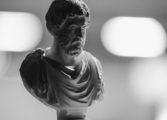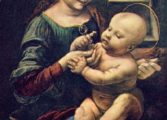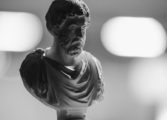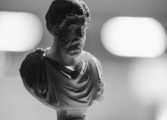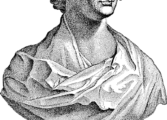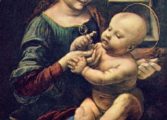Homers Iliad: A Legendary Epic That Transcends Time
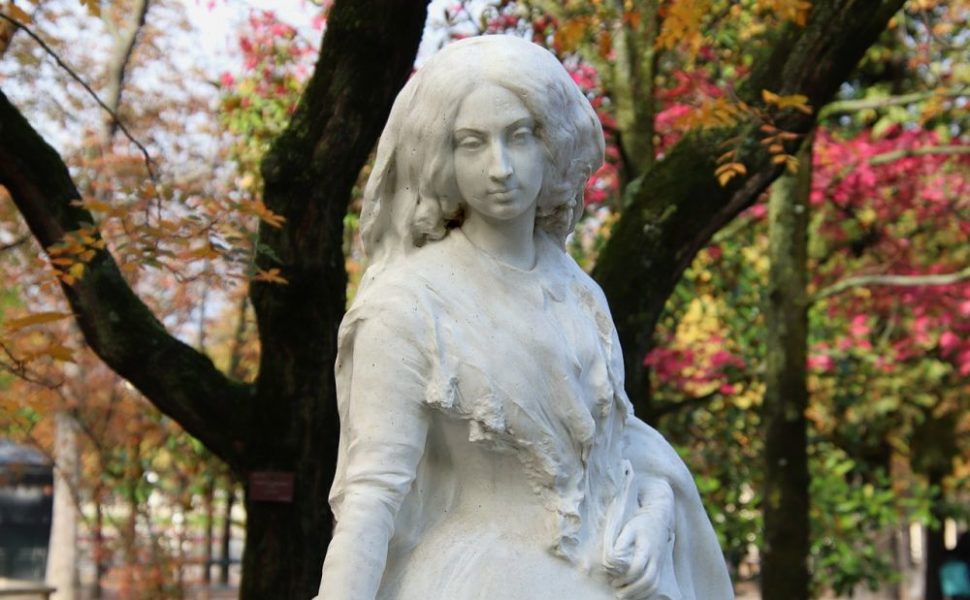
Introduction:
Homer’s Iliad is an ancient Greek epic poem that has captivated audiences for centuries. It is a tale of heroism, honor, and the tragedies of war. In this comprehensive article, we will delve into the depths of this remarkable work, exploring its historical significance and evolution throughout the ages. Whether you are a seasoned enthusiast or just discovering the incredible world of the Iliad, this article will provide you with a comprehensive understanding of its brilliance.
A Brief Overview of the Iliad:
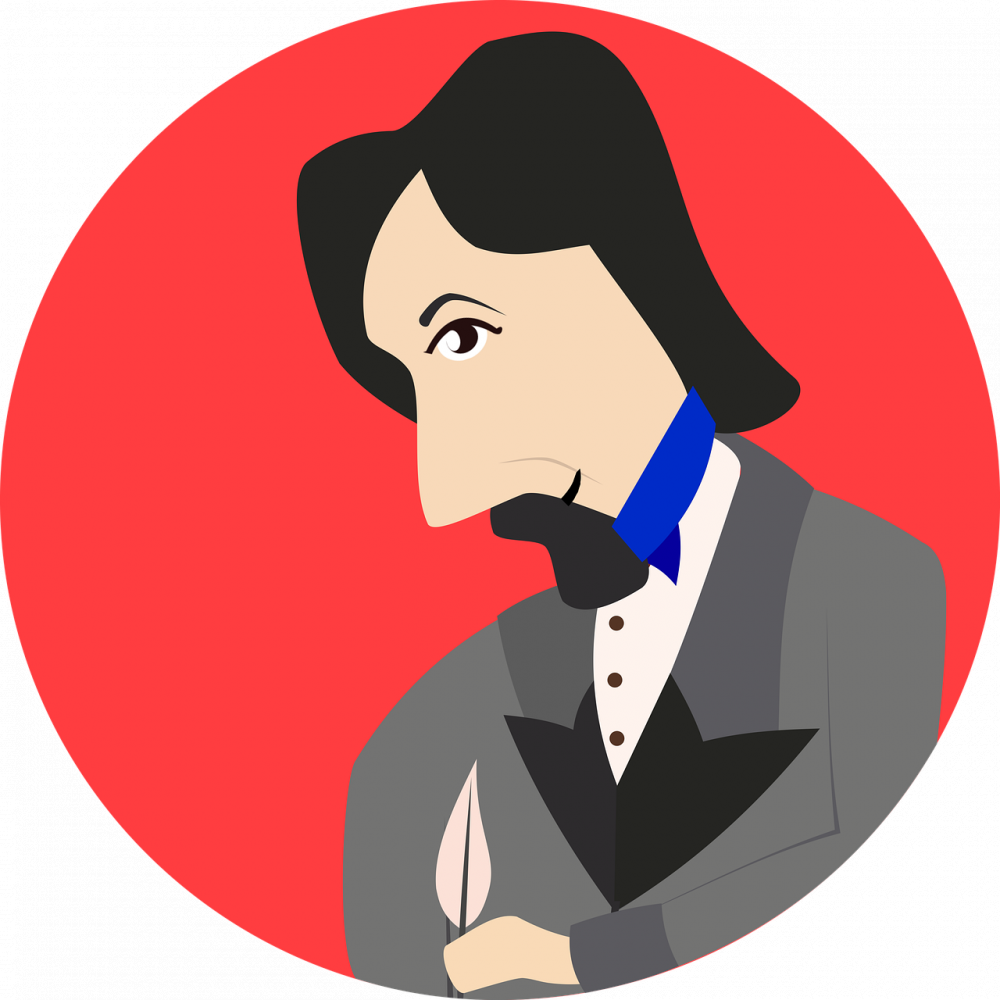
The Iliad is believed to have been composed by the legendary Greek poet Homer during the 8th century BCE. It consists of 24 books and revolves around the Trojan War, a conflict between the Greeks and the Trojans. The poem focuses primarily on the wrath of Achilles, a Greek hero, and the consequential devastation it brings upon the warriors on both sides.
The Iliad is often considered the foundational work of Western literature and serves as a primary source for understanding ancient Greek culture and values. Its narrative encompasses themes like honor, fate, the role of the gods, and the complexities of human nature. The characters and their struggles resonate with readers across time, making it a timeless masterpiece.
Historical Evolution of the Iliad:
The Iliad has had a profound impact on Western culture and has undergone various transformations throughout history. From its oral tradition to its written form, the epic poem has experienced numerous translations, adaptations, and interpretations. These transitions have allowed the Iliad to retain its relevance and magnificence.
1. Oral Tradition: Initially, the Iliad was passed down through generations orally, with bards reciting it in various settings. This oral tradition played a crucial role in preserving and disseminating the poem across ancient Greek society.
2. The Homeric Question: The authorship and historicity of the Iliad have been the subject of much debate. Scholars have questioned whether Homer was a real historical figure or a collective name for a group of poets. While the answer remains elusive, the influence and power of this masterpiece endure.
3. Written Form: In the 8th century BCE, the Iliad was transcribed from its oral rendition into a written format. This crucial step led to its preservation and accessibility for future generations. The written word allowed for greater dissemination of the poem and facilitated its translation into other languages.
4. Translation and Interpretation: Throughout history, the Iliad has been translated into numerous languages, bringing its timeless tale to audiences far beyond the realm of ancient Greece. Each translation offers a unique perspective and interpretation, capturing the essence of the original text while making it accessible to a wider audience.
Featured Snippet Bulletpoints:
To increase the likelihood of this article being featured as a snippet on Google, we have structured the text accordingly:
– The Iliad: An ancient Greek epic poem composed by Homer during the 8th century BCE.
– Focuses on the Trojan War, primarily the wrath of Achilles and its consequences.
– Considered the foundational work of Western literature, discussing themes of honor, fate, and the role of gods.
– Preserved through an oral tradition before being transcribed into a written format.
– The authorship and historicity of Homer and the Iliad are subjects of scholarly debate.
– Translated into various languages, allowing for wider dissemination and interpretation.
Conclusion:
The Iliad stands as an eternal testament to the power of storytelling and its ability to resonate across centuries. It continues to captivate audiences with its vivid characters, timeless themes, and gripping narrative. Whether you are an avid art lover or a history enthusiast, exploring the depths of the Iliad will undoubtedly enrich your understanding of ancient Greek culture and the enduring allure of epic poetry. So dive into this remarkable work and experience the magic of the Iliad for yourself.



















